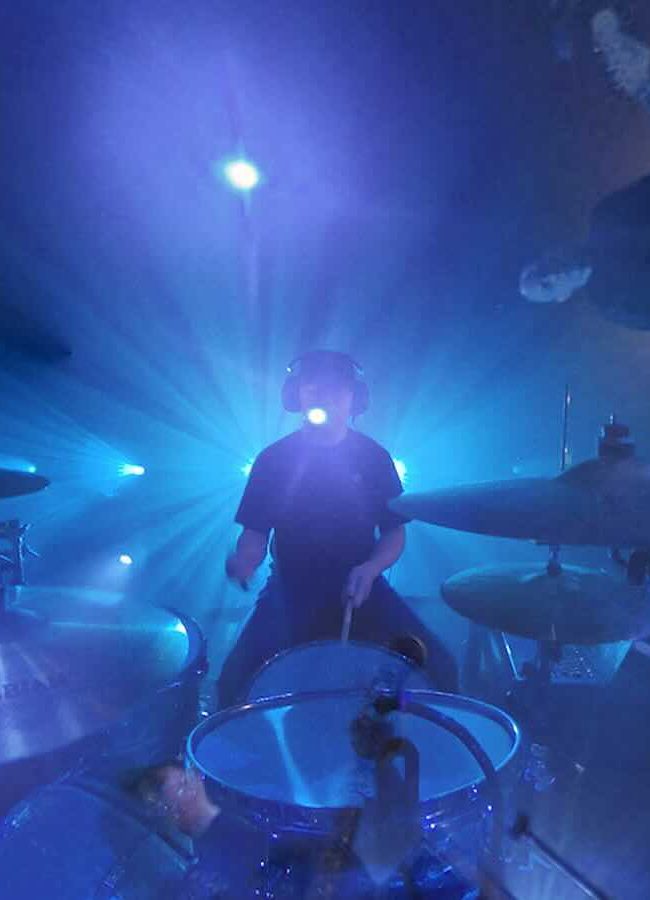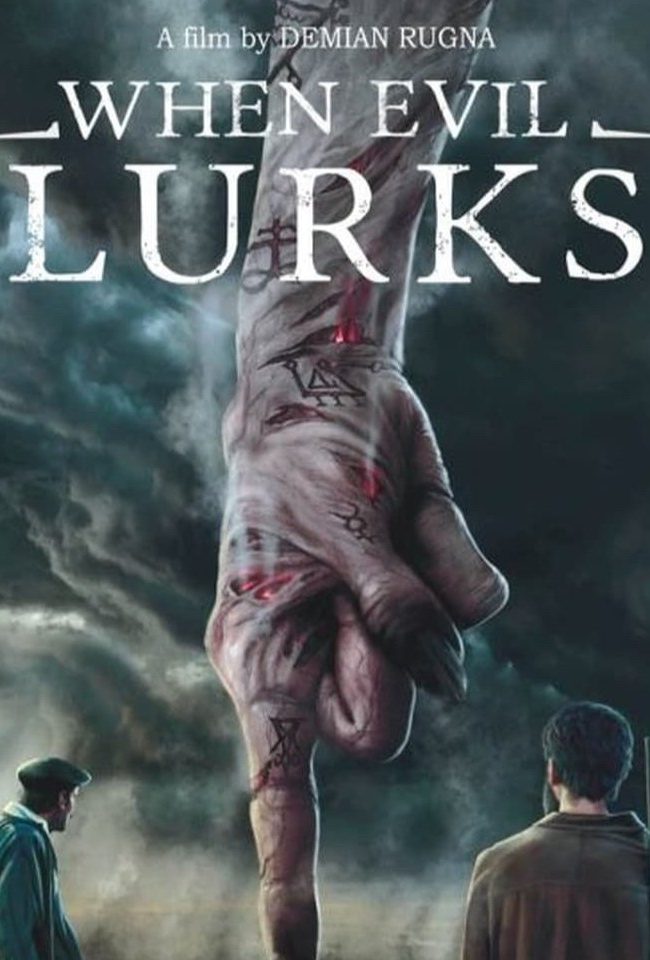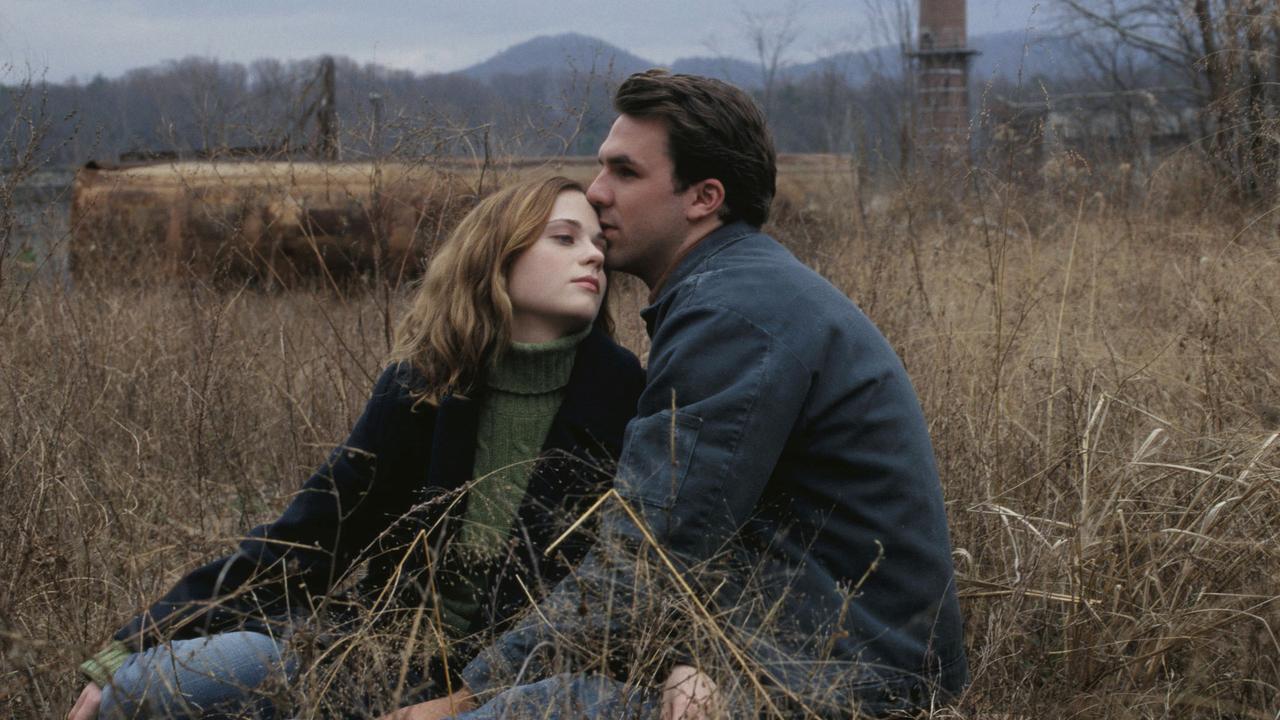
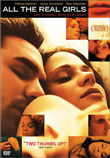 The first time I ever read The Catcher In The Rye, my reaction was unexpectedly apathetic. I was sixteen or seventeen, and just mature enough to guess that I was too old to empathize with it, but too young to appreciate its wisdom.
The first time I ever read The Catcher In The Rye, my reaction was unexpectedly apathetic. I was sixteen or seventeen, and just mature enough to guess that I was too old to empathize with it, but too young to appreciate its wisdom.
Watching All The Real Girls last night reminded me of this insoucience. Not because David Gordon Green’s portrayal of youth bore any twee similarities to Mssr. Caulfield’s journey, but because that first—and, up to last night, only—viewing left me feeling similarly stranded. I’d seen George Washington only a short while before, and felt that it was something of a cinematic second coming. Of who or what, I haven’t a clue. Likely I saw something I wanted to be, something I wanted to be capable of, and I went into Green’s second feature on an early January morning unprepared to see him strip away that gleam of youth, that storybook varnish. The value of what I saw up there eluded me, and I think now that it’s because I didn’t want to acknowledge it. I didn’t want to know that I couldn’t get away with it.
The film is an ode to first love, wrought with all the eager preciousness of a young dude trying not to step on his new ladyfriend’s toes. It’s set in an old Mill town where folks don’t work, where they gather in bars and on the banks of rivers and whisper nonsense secrets into the rolling Appalachian foothills. Green once again plumbs the depth of the South for all the half-wit lyricism it has to offer, but All The Real Girls takes place in a different North Carolina than did George Washington. Those deep green hills have turned orange, and their mystery and wonder is peeling like old paint. While I was watching the movie, a moth landed on my screen and it blended right into the desiccate scenery, the textured browns and fading oranges, the ancient wood encroached upon by rust. It’s beautiful, to be sure, but it is a late sort of beauty. An afterglow. That’s what Green captures so perfectly here. He’s studying the traces of atoms smashed together, looking for proof of something fleeting and intangible and long gone.
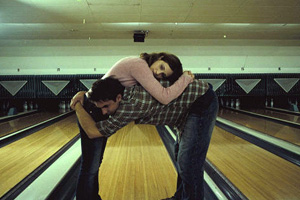 It’s the sort of thing that’s easier to find in music; indeed, it’s right there in the opening credits, in the tone of the Will Odham song that plays against them. It’s there too in the epic montage that surveys the damage of a relationship’s collapse, set to the drones of Mogwai. Some of my best memories and all of my worst ones are set to music, and I think what Green was after here was to make a movie that might work the same way. I could tell you about the photography in the film and the actors in it and how they do what they do, but none of that would get at what they’re all actually getting at. There are scenes where characters walk and talk, but those don’t matter so much. Instead, consider the point where Paul Schneider is screaming at the girl he loves because that’s the only thing that’s going to work for him. And when it doesn’t work after all, he walks some ways away from her and kneels to the ground and pummels the earth with his fist. He really lets it have it, and it’s similar to the scene in George Washington where the dying boy beats a tattoo on the bathroom stall because it’s the only thing that makes sense to do. It’s the physical expression of something too abstract to elucidate.
It’s the sort of thing that’s easier to find in music; indeed, it’s right there in the opening credits, in the tone of the Will Odham song that plays against them. It’s there too in the epic montage that surveys the damage of a relationship’s collapse, set to the drones of Mogwai. Some of my best memories and all of my worst ones are set to music, and I think what Green was after here was to make a movie that might work the same way. I could tell you about the photography in the film and the actors in it and how they do what they do, but none of that would get at what they’re all actually getting at. There are scenes where characters walk and talk, but those don’t matter so much. Instead, consider the point where Paul Schneider is screaming at the girl he loves because that’s the only thing that’s going to work for him. And when it doesn’t work after all, he walks some ways away from her and kneels to the ground and pummels the earth with his fist. He really lets it have it, and it’s similar to the scene in George Washington where the dying boy beats a tattoo on the bathroom stall because it’s the only thing that makes sense to do. It’s the physical expression of something too abstract to elucidate.
Green does the same thing himself as a director, when he dovetails into a strange dance number with clowns, or a motor derby. Watching the film that first time, I thought these scenes were indulgent digressions. Looking at it again, I just see him seeking new ways to move through the same emotional beats that any other love story might handle in more good old fashioned boy-meets-girl ways. Traditional exposition doesn’t leave any room for this sort of exactitude, because no one wants to believe that the facts apply to love. Love always is that simple, but it never feels that simple. It ain’t ever brand new or special, but try telling that to someone who’s got it. Everyone’s had their hearts broken, but no one’s ever had their heart broken quite like you.
Likewise: when I first saw the film, I wanted to believe in my own uniquity, and I look at it now and I’m old enough to remember what that felt like. This movie doesn’t make me believe in it again. It just lets me miss it.
— David Lowery
(All The Real Girls is playing tonight at BAM as part of All The Real Americans: The World of David Gordon Green. The series runs through July 24th, concluding with an advance screening of Pineapple Express. Buy it at Amazon.)








